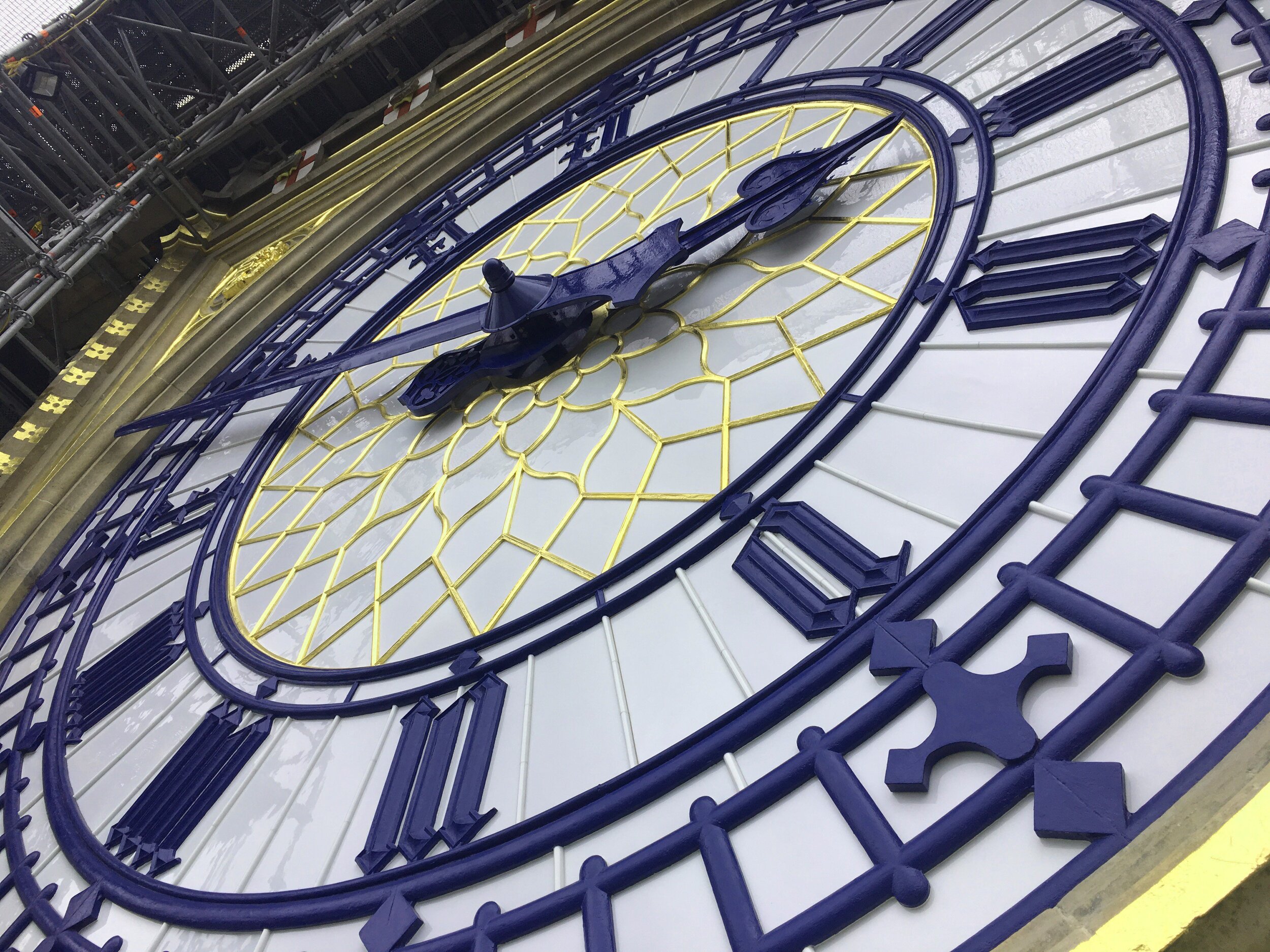
What is the role of parliaments in democratic politics?
To ask about the role of parliaments in democratic politics has interested me since I began my research career in 2012, and it still occupies to this day. The question is, admittedly, a little broad, so let me be a bit more specific:
How do MPs and officials interpret their roles to pass legislation, hold the executive to account, and represent the people?
What role do different types of knowledge and evidence play in supporting (or hindering) the work of parliaments, and policy-makers more generally?
With which methods can political scientists best analyse, study and evaluate parliamentary politics?
When you take these three questions together, they broadly aim to shed light on the role of parliaments in fulfilling core democratic functions - the focus of my research and teaching.
I use an interpretive approach to explore parliaments, drawing on ethnographic insights and dramaturgy to look at how ideas, beliefs and everyday practices shape political outcomes.
I am a political scientist at the University of Edinburgh.
In my day job, I am Senior Lecturer (equivalent to Associate Professor) in Politics at the School of Social and Political Science, where I research and teach on parliamentary politics in the UK and comparatively. Previously, I was Co-Director of SKAPE and Deputy Director of Research for my School.
Research
My research broadly focuses on parliaments, with a particular aim to understand (i) how MPs seek to hold government to account and (ii) the role of knowledge in democratic politics. I am also strongly interested in how we study political phenomena.
Publications
I have published widely across academic journals, including Public Administration, Parliamentary Affairs and Evidence & Policy, as well as through policy reports. I have also published a range of expert opinion in blogs and newspapers.
KE and Impact
I am passionate about ensuring that academic research makes the world a better place. I regularly engage in policy debates and meet policy-makers to make sure that my research improves the effectiveness of democratic institutions.
Dramas at Westminster: Select Committees and the Quest for Accountability
My book was published in 2020 by Manchester University Press and explores accountability in the UK House of Commons by focusing on select committees. In 2021, it won the Mackenzie Prize for Best Book Published in Political Science.








